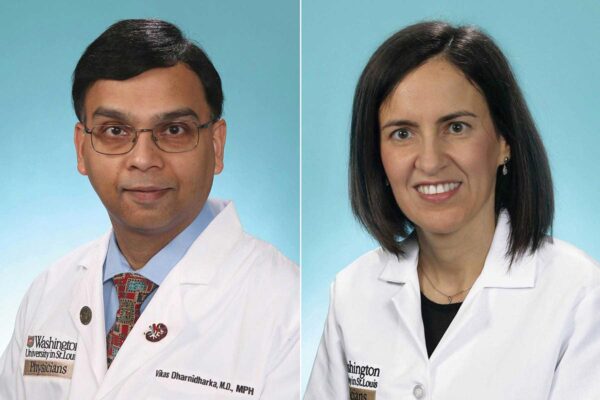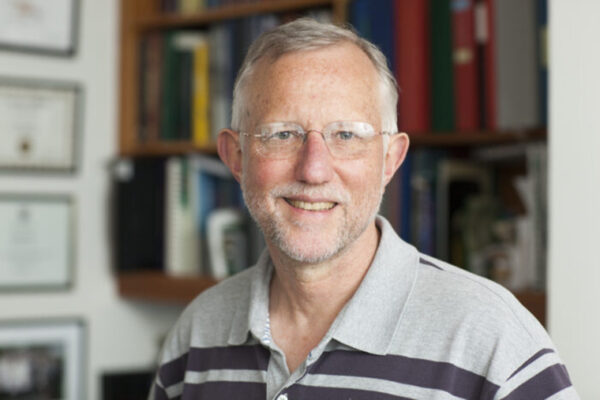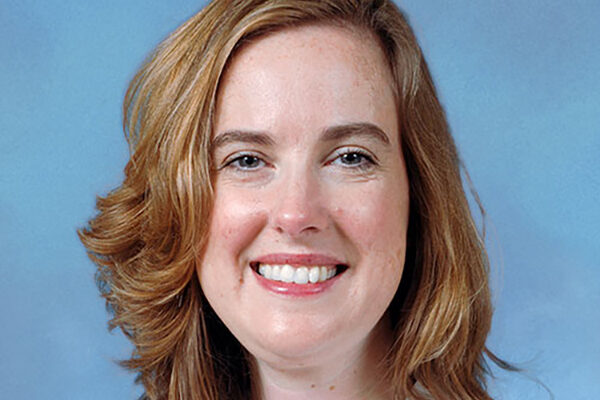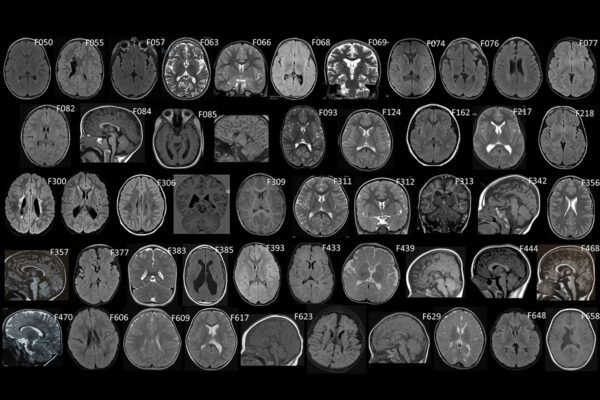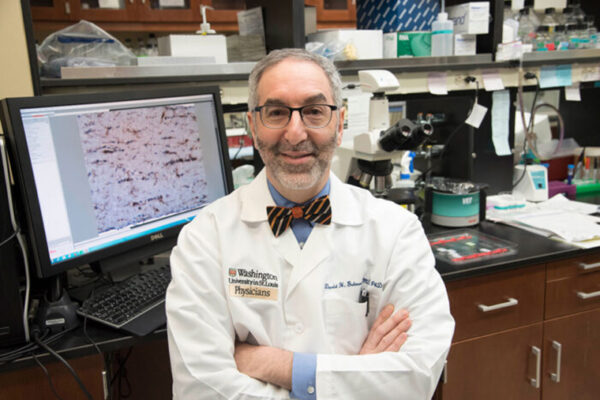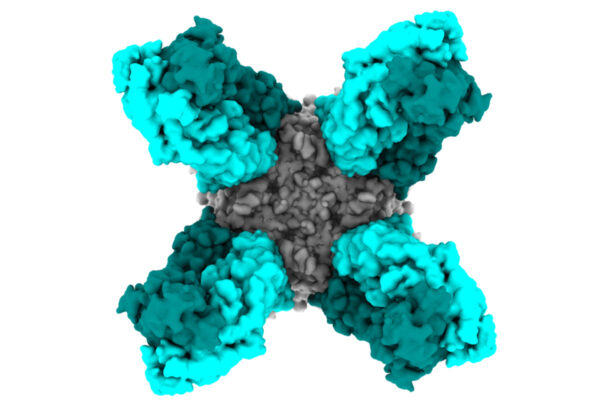Pediatrics names vice chairs in clinical investigation, clinical informatics
The Department of Pediatrics at Washington University School of Medicine has named pediatricians Vikas Dharnidharka, MD, and Margaret Lozovatsky, MD, to the newly created roles of vice chair of clinical investigation and vice chair of clinical informatics.
Brain inflammation in Parkinson’s disease focus of $3.2 million grant
Researchers at Washington University School of Medicine have received a grant to study the role of brain inflammation in Parkinson’s disease. The project focuses on whether inflammation aids the spread of Parkinson’s damage throughout the brain.
Nobel awarded to Charles Rice for hepatitis C discoveries at School of Medicine
The 2020 Nobel Prize in Physiology or Medicine was awarded Oct. 5 to three scientists for groundbreaking research that led to the discovery of the hepatitis C virus. One of those scientists — virologist Charles M. Rice — conducted his seminal work while on the faculty of Washington University School of Medicine.
Schwarz elected vice president of radiation research society
Julie K. Schwarz, MD, PhD, professor of radiation oncology at Washington University School of Medicine in St. Louis, has been elected vice president of the Radiation Research Society. She will go on to serve as president beginning in October 2022.
Basis of developmental disabilities focus of $11.3 million in grants
School of Medicine researchers have received renewed National Institutes of Health (NIH) funding for the Intellectual and Developmental Disabilities Research Center. The center’s researchers study genetic and environmental factors that contribute to developmental disabilities.
Brain & Behavior Research Foundation awards grants to three researchers
Kirsten Gilbert Alberts and Emma Johnson at the School of Medicine and Keith Hengen in Arts & Sciences each received $70,000 Young Investigator grants from the Brain & Behavior Research Foundation, an organization that is committed to alleviating the suffering caused by mental illness by supporting research that will lead to advances and breakthroughs in scientific research.
Buchman elected president of neurotology society
Craig A. Buchman, MD, the Lindburg Professor and head of the Department of Otolaryngology-Head & Neck Surgery at the School of Medicine, has been elected president of the American Neurotology Society, an organization of specialists in the diagnosis and treatment of disorders of the inner ear and skull base.
Cerebral palsy also has genetic underpinnings
Researchers at Washington University School of Medicine in St. Louis and their colleagues at other institutions have identified mutations in single genes that can be responsible for at least some cases of cerebral palsy.
Gutmann receives award from neurological association
David H. Gutmann, MD, PhD, the Donald O. Schnuck Family Professor and vice chair for research affairs in the Department of Neurology at Washington University School of Medicine, has received the George W. Jacoby Award from the American Neurological Association for his discoveries on the role of the immune system in brain tumors.
Antibodies protect against wide range of influenza B virus strains
Researchers have identified two antibodies that protect mice against lethal infections of influenza B virus. Together with an antibody that targets influenza A, the antibodies potentially could contribute to a drug to treat almost all flu cases.
View More Stories
